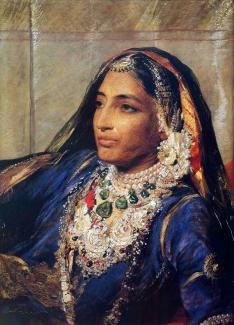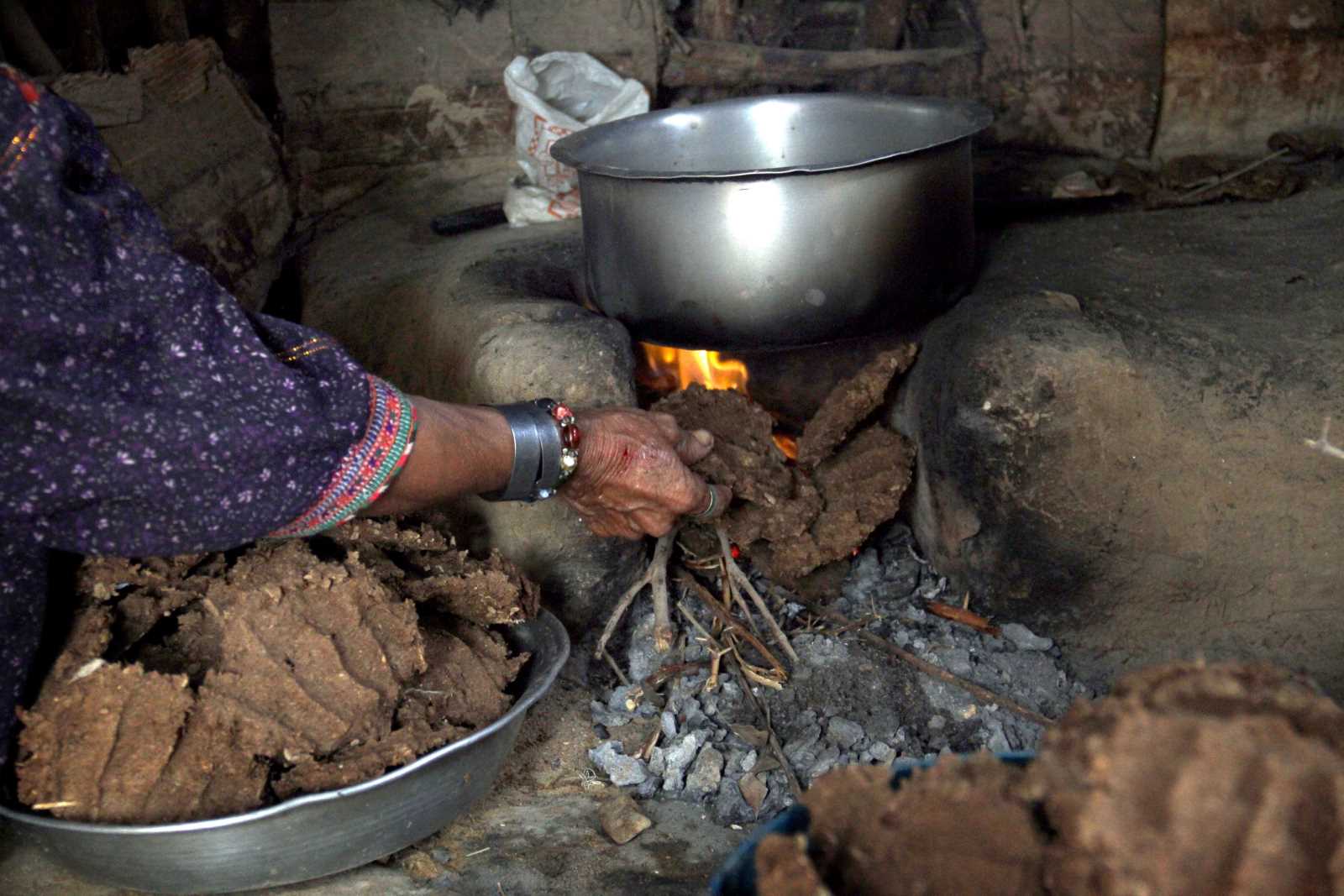Novel
Powerful Punjabi queen opposed British Empire

Jind Kaur’s fate was one of extreme changes. She was from a humble background but became the youngest wife of Maharaja Ranjit Singh. After his death, she rose to power herself, representing her son, who had become maharaja at the tender age of five. She was popular among Sikhs and enjoyed the support of this community, which has a reputation for military prowess and dominated Punjab at the time.
Jind Kaur was queen regnant from 1843 to 1847, when the British Empire took control after winning a war against the Sikh army. The colonial power separated her from her son Duleep and imprisoned her in a far-away town, fearing her role in a potential Sikh uprising. She managed to escape, however, and fled to Nepal, where she was granted asylum.
Duleep Singh formally stayed maharaja of Punjab after 1947, but power was now exerted on his behalf by the British Resident in Lahore. Later, the young monarch was exiled to England and officially befriended by Queen Victoria. His mother, no longer considered a threat by the colonialists, was allowed to join him in England where she died in 1863 at the age of 45.
In 2021, bestselling novelist Chitra Banerjee Divakaruni published her fictional account of Jind Kaur’s life. The novel’s programmatic title is “The last queen”. The maharani, however, was not the last South Asian woman to inherit a position of power from her husband or father. Though the subcontinents’ societies are generally male dominated, family ties matter very much. Jind Kaur was thus a precursor of Indira Gandhi, Benazir Bhutto or Sheik Hasina, the daughters of prime ministers who themselves became top leaders of India, Pakistan and Bangladesh respectively.
Divakaruni is from Calcutta and a professor of creative writing at the University of Houston. She is a prolific writer herself and has tackled a broad range of topics – from renarrating Indian mythology in a feminist perspective to assessments of the South-Asian diaspora experience in the USA or fantasy novels for children. In her fictional biography of Jind Kaur, she stuck to the basic historical facts, but used her imagination to describe her protagonists’ emotions and personal interactions. She admittedly invented some of the characters.
A service to gender justice
The book is easy to read. The plot makes sense, emotions run high, and the historical context is fascinating. One wonders, however, to what extent Divakaruni’s storytelling relies on contemporary ideas of gender roles and female empowerment rather than accurately describing how Punjabi women thought and felt almost 200 years ago. For example, the author writes about Jind Kaur’s relationship with the other co-wives. She makes friends with one who later euphorically opts to be burned on the Maharaja’s pyre after his death. Divakaruni’s Jind Kaur tries to convince her friend of not sacrificing herself, but the other maharani is absolutely determined, and opium ultimately ensures that her death in the flames is not too painful.
One has reason to doubt that the author accurately assesses how members of a South Asian harem understood their roles in the 19th century. Such questions are of only minor relevance, however. Fiction writers have the liberty to convey ideas in the way they think is appropriate. Their job is not to reveal some kind of absolute historical truth.
Divakaruni offers her contemporary readers a vivid fictional biography of the last sovereign monarch of Punjab and helps keep the memory of Jind Kaur alive. She thus has rendered gender justice a service. After all, women’s often important roles in history are all too often neglected.
Reference
Divakaruni, C. B., 2021: The last queen. Gurugram, Haryana, HarperCollins India.
Hans Dembowski is editor-in-chief of D+C/E+Z.
euz.editor@dandc.eu















